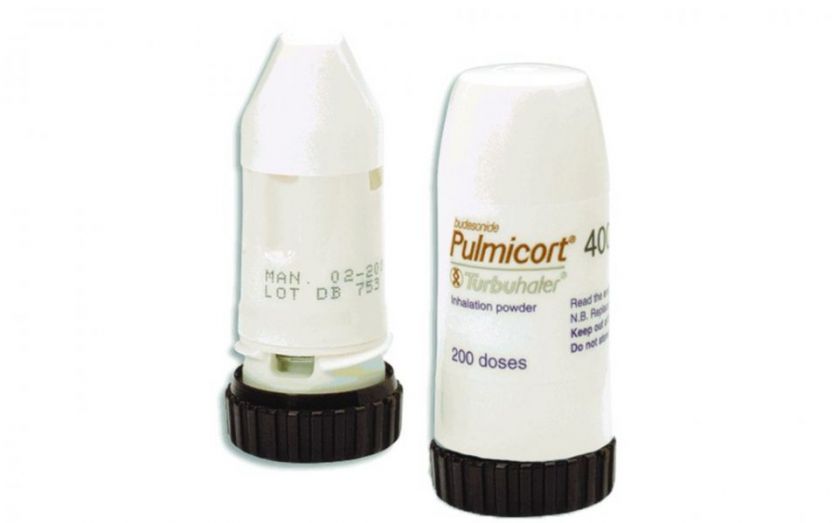AstraZeneca loses its US patent rights for asthma drug Pulmicort Respules

AstraZeneca is considering an appeal against a US court ruling that found its patent for asthma treatment Pulmicort Respules is invalid in America.
The British pharmaceutical giant said it “strongly disagrees” with the decision and is considering its options.
In a statement yesterday, Paul Hudson, president of AstraZeneca US, said: “AstraZeneca has full confidence in the strength of its intellectual property rights protecting Pulmicort Respules. We are reviewing the decision and considering our legal options, including an appeal.”
Astrazeneca said the decision is limited to the United States and will not affect other markets. The patent in question was set to expire in 2018, with paediatric exclusivity extending into 2019.
It added that the ruling would not impact AstraZeneca’s guidance for 2015, which is that sales revenue is expected to decline by mid single-digit per cent at constant exchange rates.
The legal saga began in April 2013, when the US District Court for the District of New Jersey invalidated AstraZeneca’s patent on its Pulmicort treatment, but that ruling was reversed and remanded in October 2013 by the US Court of Appeals for the Federal Circuit.
Under agreement with AstraZeneca, Teva has a generic Pulmicort product for sale, but the latest decision opens up the market for others.
Drugmaker Actavis responded to the ruling by immediately launching its own version of Pulmicort Respules, which is an inhalation treatment for asthma.
Sales of the branded and generic versions of the product were around $1.1bn in the 12 months ending 30 June 2014, according to Actavis, which secured FDA approval for its version in 2012.
THE UK COMPANIES THAT REFUSED TO ROLL OVER
Earlier this month brokerage Icap become the first City institution to challenge a fine for attempted Libor manipulation, vowing to battle the European Commission. The EC issued the firm with a €14.9m (£11.2m) fine, arguing that Icap broke competition rules “by facilitating several cartels in the sector of yen interest rate derivatives.” Icap accepted a £54m fine in 2013 after some of its former staff helped bank traders try to fiddle the key interbank interest rate benchmark. But this time the interdealer broker is arguing that it has no case to answer, and that there is no evidence against it.
Barclays squared up to US regulators last year, fiercely rejecting claims it had lied to investors using its dark pool trading facilities. It was the first time a British bank had reacted so strongly to legal attacks from the US, as banks have been reluctant to fight back openly since the financial crash. Barclays petitioned to have the case thrown out. But last Friday a New York judge rejected Barclays’ bid to dismiss Attorney General Eric Schneiderman’s lawsuit. Justice Shirley Werner Kornreich of the State Supreme Court in Manhattan said it was premature to dismiss the claim under the state’s Martin Act, an anti-fraud law.